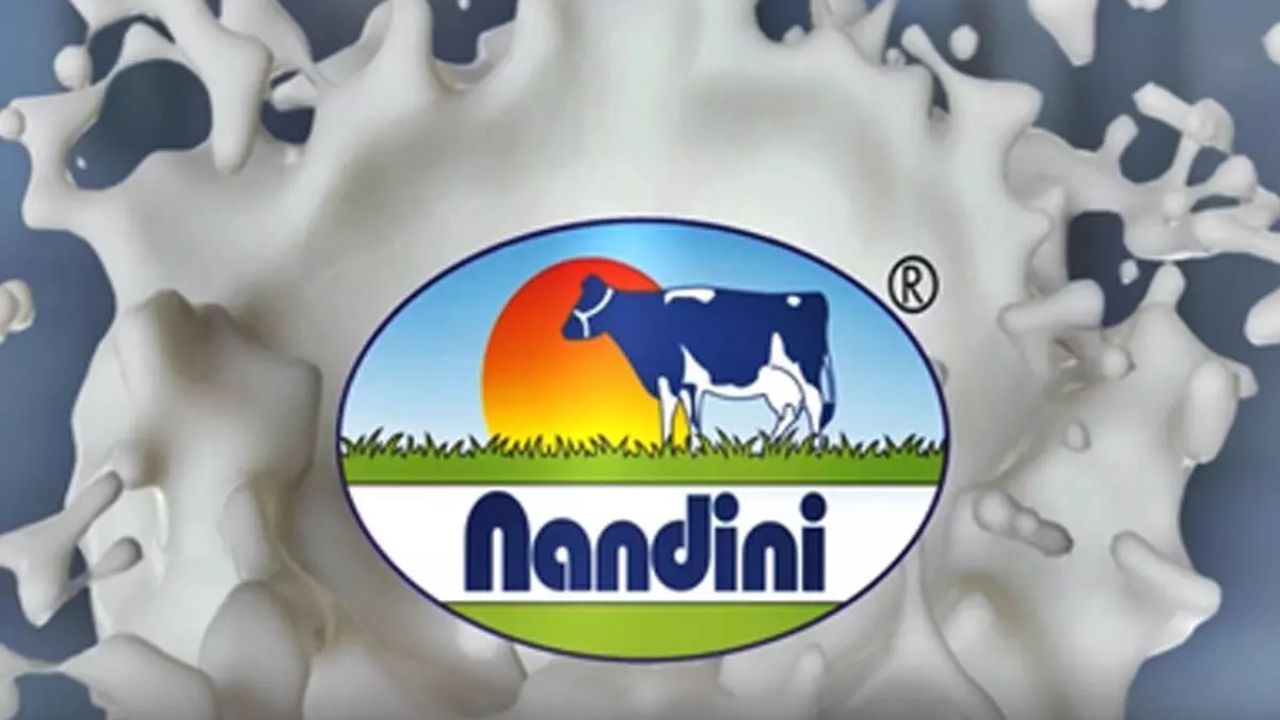 English
English

Nandini Milk, under the Karnataka Milk Federation (KMF) and Bangalore Milk Union Limited (BAMUL), has taken a significant step towards sustainability by introducing India’s first fully biodegradable milk pouches.

Biodegradable milk bags source: Google
New Delhi: Karnataka Milk Federation (KMF) is making a big change in India's dairy industry. They have announced eco-friendly milk packets for their immensely popular Nandini brand. This initiative represents a significant step towards environmental sustainability, addressing the Critical problem of plastic waste generated by daily milk consumption.
The biodegradable milk packets are crafted from plant-based materials, primarily derived from corn starch and sugarcane. Unlike Regular plastic that does not decompose over 500 years, these alternatives are designed to decompose naturally within a short period of 90 days- it can also be repurposed into organic fertilizer.
The journey towards this eco-friendly milk packet began with a successful pilot program directed by the Bangalore milk union limited (BAMUL) key arm of KMF. The trials were conducted at the Kanakapura Mega Dairy and in Hunasanahalli village resulted in positive feedback, with no leakage same quality and high rate of consumer satisfaction. The positive feedback cleared the path for the wider launch. KMF uses 2 to 2.5 million plastic packets every day, to be sustainable and to overcome Bengaluru’s plastic waste problem. The transition to biodegradable bag will significantly release the environmental burden.
COST VS COMMITMENT: A SUSTAINABLE DEVELOPMENT
The new eco- friendly packets are more expensive than the traditional ones. The corn starch-based products are around 5 % or more expensive, which has a great difference, but technology, which produce biodegradable material is still evolving. Though (KMF) is committed to switch on new bags; despite the added expense, by prioritizing environment sustainability, aim is to reduce millions of plastic bags. KMF also expect long term benefits, including reduced spending on plastic waste recycle under government policies making it worthy investment.
The dark side of plastic bags:
The bulk landfilling is not the major concern but slowly break down into super tiny plastic pieces called microplastic. These tiny plastics gets into our soil, water, and in air we breathe. When these enter inside our body through food or water, they cause harm to our health like sudden hormonal changes or increase the risk of potential diseases like breast cancer, infertility, PCOS, heart disease or brain disorder and many long-term health concerns.
No related posts found.